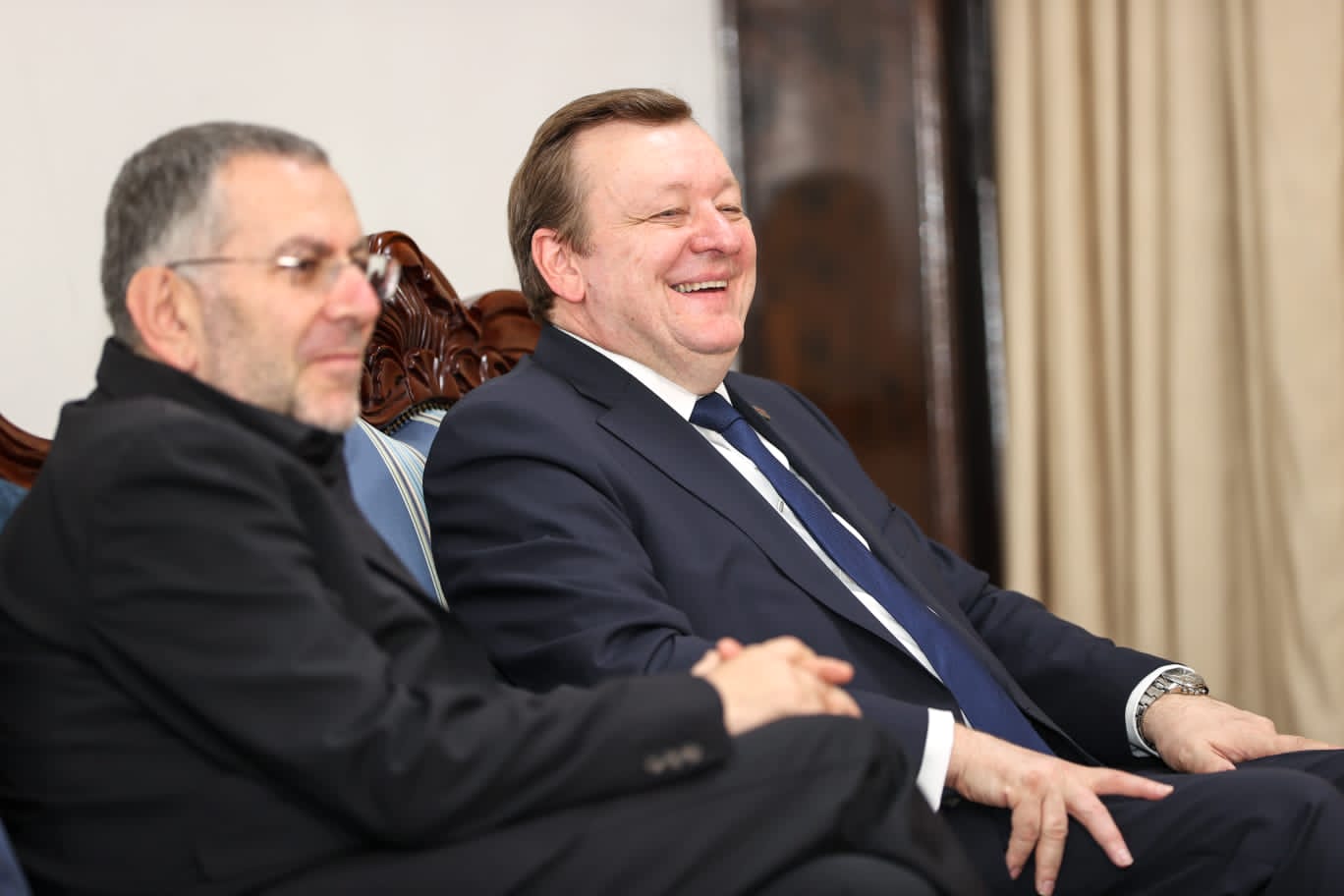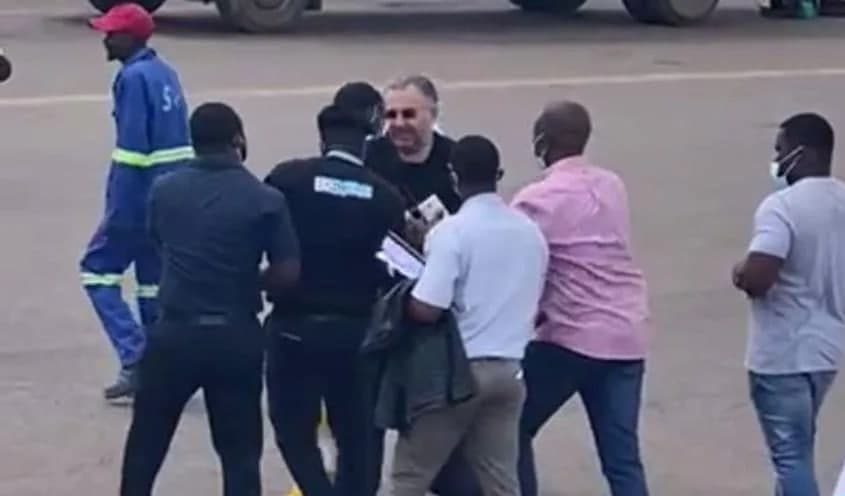Politics
Could Kenya’s Dealing With Belarusian Oligarchs Trigger Financial Sanctions Amid War In Ukraine
Published
2 years agoon
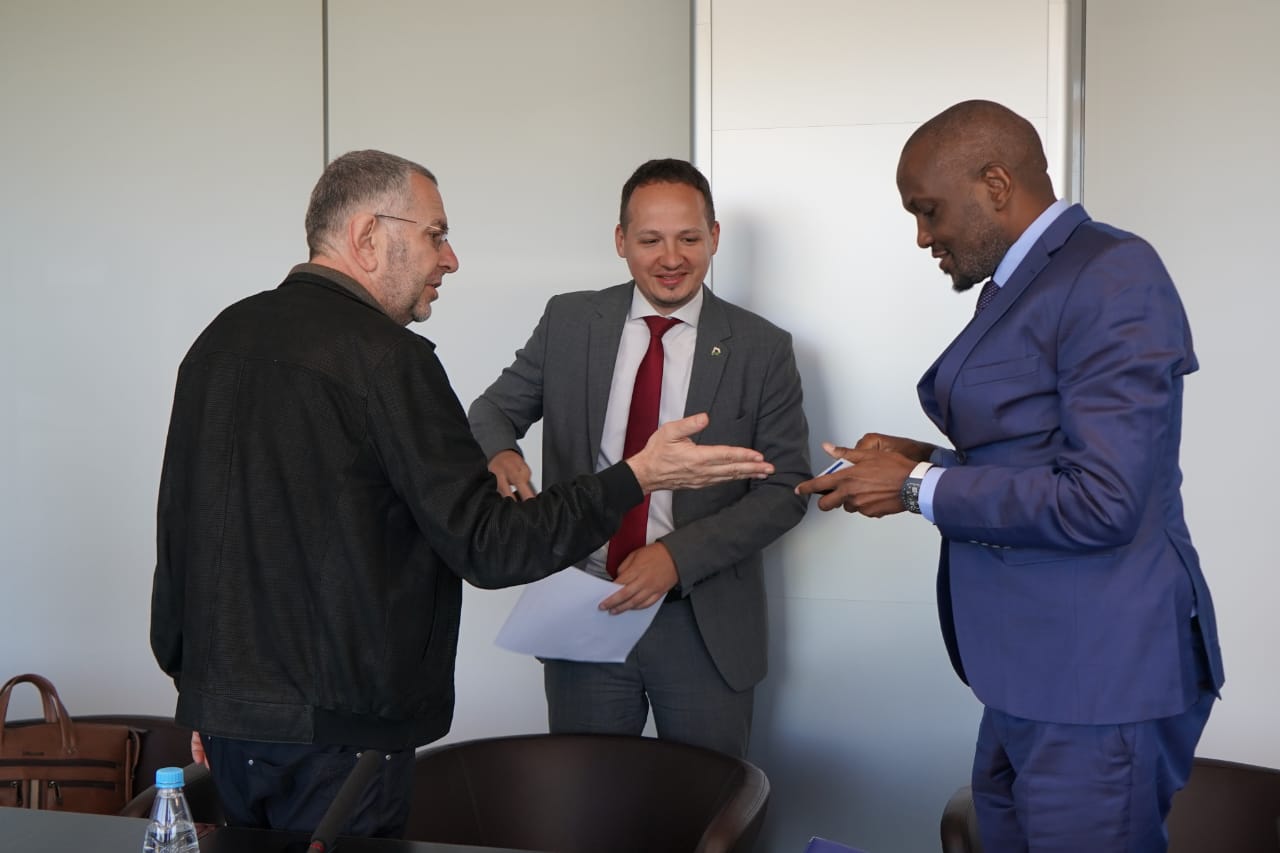
There’s a growing fear amongst analysts that continued dealings between Kenya and Belarusian oligarchs in planned agricultural trade could trigger financial sanctions.
Since the Ukraine war started, Belarus has been struggling to circumvent Western sanctions against exports of its agricultural equipment industry and has been fighting to limit exposure of its companies and subsidiaries to the penalties.
President Aleksandr Lukashenko of Belarus said that the country has started to receive nuclear weapons from Russia some of which he said were three times more powerful than the atomic bombs the US dropped on Hiroshima and Nagasaki in 1945, a long-threatened provocation and the latest sign of the worsening relationship between Russia and the U.S.
Sweeping sanctions
Just how high the diplomatic stakes are was aptly demonstrated recently by a strong statement by United States Secretary of State, Antony Blinken, on the first anniversary of the war.
He said Russia and President Aleksandr Lukashenko’s regime in Belarus will pay a severe economic price for the aggression against Ukraine and warned of sweeping sanctions to target export controls, visa restrictions to cut off Russia’s and Belarus’ access to vital technological inputs, and measures to atrophy industrial bases of the two countries.
President William Ruto’s administration is taking a risky diplomatic gamble in seeking to transact with a country under sanctions from powerful Western nations.
South Africa Sanctions
South Africa risks exclusion from SWIFT, the inter-bank network, which supports international bank transfers, and the US tariff-free African Growth and Opportunity Act (AGOA) in a swathe of secondary sanctions as South Africa continues with its neutral stance regarding the Russia-Ukraine war.
According to NYT, bipartisan group of American lawmakers has asked the Biden administration to punish South Africa for what it sees as the country’s support of Russia’s war in Ukraine by moving a major trade conference scheduled to be held in South Africa this year to another country.
The request, made in a letter sent last week, is the first concrete effort at retaliation by members of the U.S. government over the growing view in Washington that South Africa’s relationship with Russia is moving in a direction that threatens America’s national interests. The letter.
Deal Belarusian businessmen
The administration of Kenyan President William Ruto is embarking on a risky diplomatic gamble, trying to strike a deal with a country that is under the sanctions of influential Western states.
The government is rolling out a plan to purchase tractors, high-speed propelled forage harvesters, centre pivots and tipping lorries and assorted equipment in a project estimated at Sh31 billion.
If the deal goes through, it will be the single largest import of tractors and agricultural equipment in Kenya in recent years. The transaction – which is envisaged to be implemented in 18 months by the hitherto moribund and financially-troubled state-owned credit body Agricultural Finance Corporation (AFC) – is shrouded in mystery in several respects.
First, the imports are to come from Belarus – an eastern European country and ally of Russia in the Ukrainian war. Belarus is under United States, United Kingdom and European Union sanctions.
President William Ruto’s administration is taking a risky diplomatic gamble in seeking to transact with a country under sanctions from powerful Western nations.
As one follows the key documents in the transaction, including a Cabinet memo, a memorandum of understanding between AFC and a Dubai-based entity known as Aftrade DMCC a company owned by Zingman, one ends up with a narrative that sheds more mystery than light.
Where is the money to buy billions-worth of machinery from Belarus to come from?
In a February 27 letter to the Office of the Attorney-General, the chief executive of AFC, George Kubai, requested the help in drafting a government-to-government agreement between Kenya and Belarus, implying that the multibillion-shilling project will be funded by a concessional facility by Belarus.
The second mention of source of funding is to be found in a Cabinet paper headlined “The National Agricultural Mechanisation Programme to be implemented by the AFC”.
According to the documents and correspondence, the company to execute the multibillion-shilling deal from the Belarus side is a Dubai-based SPV-type entity established in 2017 by Belarus nationals by the name Aftrade DMCC.
As a matter of fact, the name of this company features in nearly all correspondence in this saga, including the Cabinet memo and letters by AFC boss Kubai.
This is how Kubai’s letter to the Attorney-General puts it: “The government of Belarus has identified Aftrade DMCC as the company that will organise the whole process of identification of manufacturers, identification of equipment and the party that will lead negotiations with TDB”.
In an introduction letter sent to AFC dated February 2 and signed by a director of the company, Volha Sheuko, the Dubai-based firm put Zimbabwe, Togo, Burkina Faso, South Africa and Tanzania on its list of clients and the Belarus export credit agency, the Development Bank of Belarus, Trade Development Bank, Afro Exim Bank and the Western Africa Development Bank as its financial partners.
Exim-like loan arrangements
Curiously, the Dubai-based company has also disclosed that its assessment is that the task at hand will cost a mere $5 million a paltry amount when compared to the $320 million-budget projected by AFC as scope of the project.
“We will look for machinery and equipment that meets the needs and then take it a step further by setting up offshore concessionary Exim-like loan arrangements to make it possible to purchase these technologies,” said the Dubai-based entity in a letter of introduction to Sheuko.
Under the plan, billions worth of machines and tractors imported will be dumped on four government entities – Kenya Prison Service, National Youth Service, Kenya Agricultural and Livestock Research Organisation and the Agricultural Development Corporation.
The Cabinet memo asked the Executive to direct the National Treasury and AFC to commence negotiations with the Dubai-based entity and procure the equipment.
The memo also sought Cabinet approval for the appointment of AFC as the implementing agent for the government of Kenya on the project, to mandate the agency to begin negotiations with Afritrade DMCC and to treat the Dubai-based company as official agents of the government of Belarus.
Belarus has only recently been rated as a sovereign in “selective default” and “default” by the global rating agency, S&P. This means no advanced country, commercial bank or listed entity answerable to shareholders can have financial dealings with any counterparty or entity from the country.
Critics have also raised concerns over this tractor deal.
And why is Kenya procuring tipper trucks from Belarus when Tata already provides a better quality and cost effective tipper truck that's widely used and supplied in Kenya's construction industry today?
The reason is because Belarus is desperate to sell its substandard machinery…
Advertisement— I.C. (@IanECox) April 5, 2023
Zingman shady dealings in Africa
Zingman and his company AFTRADE are engaged in the sale of Belarusian equipment manufactured by Amkodor, Minsk Tractor Plant, MAZ, and others to African countries. In this market, he works in parallel with Aliaksandr Zaitsau, a long-term partner of Aliaksei Aleksin, and Mikalai Varabei. All of them are called ’Lukashenka’s wallets.’
In March 2018, Belarus’ autocratic President Alexander Lukashenko dispatched his right-hand man Viktor Sheiman to Zimbabwe to negotiate trade and business deals on the government’s behalf.
Sheiman has been one of Lukashenko’s closest allies ever since the 1994 electoral campaign that brought the strongman to power. While serving as Belarus’ prosecutor general in 2004, he was sanctioned by the EU over the disappearance of several prominent Lukashenko critics, and the U.S. followed suit two years later.
But he was under no such restrictions in Zimbabwe. After Sheiman returned from Harare, Belarus’s state-owned news agency said he had met with Zimbabwean officials to discuss “expanding economic cooperation” between the two countries, and that he had brokered an opportunity for “the creation of a mining enterprise.”
Sheiman told Belarusian state television that the trip had produced deals to explore for minerals such as gold, platinum, and rare earths through a joint venture in mining.
The mining deal was presented as a collaboration between the two countries, and Sheiman said it was intended to make “profit for Belarus.” But in fact, the new joint venture, Zim Goldfields, was secretly co-owned by Sheiman’s son, Sergei, with no stake for the Belarusian state.
Sergei Sheiman’s partner in the gold venture was influential Belarusian businessman Alexander Zingman, who has served as Zimbabwe’s honorary consul in Belarus since around early 2019.
Documents from the Pandora Papers — a massive leak to the International Consortium of Investigative Journalists of nearly 12 million documents from 14 offshore corporate service providers, shared with media partners around the world — show how the two Belarusians used shell companies in the Seychelles and the U.K. to mask their involvement and the conflict of interest at the heart of the deal.
Thirty percent of Zim Goldfields was held by Zimbabwe’s state-owned mining company, the Zimbabwe Mining Development Corporation (ZMDC), but the other 70 percent was controlled by a U.K. shell company called Midlands Goldfields Limited.
Its ownership was masked by a proxy — U.K. records name Robert Michael Friedberg as the director of the company — but leaked documents from the Pandora Papers show that Friedberg was acting on behalf of its owners as a nominee for a Seychelles entity with a similar name: Midlands Goldfields Foundation. And that entity was owned by Sergei Sheiman and Zingman, who had both reportedly been part of the March 2018 mission to Harare.
Both shell companies appear to have been created specifically to take advantage of the opportunity afforded by Viktor Sheiman’s official visit to Zimbabwe: Midlands Goldfields in both the Seychelles and U.K. were incorporated just a few months before his trip, and Zim Goldfields was set up shortly after.
Zim Goldfields obtained permits to prospect for gold on nearly 55,000 hectares in three locations, including a site along the Mutare River, a waterway in eastern Zimbabwe whose name means “river of metals.” The company was awarded a five-year “special grant” in May 2018 to mine for gold in a section of the river.
Within months, the company was in trouble with Zimbabwean authorities. A December 2018 visit to the Zim Goldfields site, led by the Mines Ministry’s provincial leadership in Manicaland, reported the company had violated several safety regulations.
Controversial Belarusian Businessmen
Belarusian businessmen Alexander Zingman and Oleg Vodchits are believed to be the middlemen in the controversial tractors deal with Kenya.
They’ve aligned themselves as the official quasi middlemen in Ruto’s government.
Oleg Vodchits and Alexander Zingman are establishing themselves as important personalities in the entourage of Kenyan President William Ruto. It is moreover as “advisers for the Gulf countries” that the two Belarusian businessmen were registered, at the end of February, in sixth and seventh position on the list of the delegation of the Kenyan Minister of Commerce during his official trip to Qatar.
In April, Zingman was amongst the Belarusian delegation who escorted the foreign minister Sergei Aleinik to State House in a netting with president Ruto where Belarus sought for investment opportunities in the country.
Earlier this month, trade CS Moses Kuria and Agriculture CS Mithika Linturi was in Belarus for trade negotiations and present in the picture was Zingman.
I held fruitful discussion with the Belarusian Potash Company led the Director General Alexey Skraga and his team in the Republic of Belarus.
1/4 pic.twitter.com/lANZEj85BJ— CS Moses Kuria (@HonMoses_Kuria) June 6, 2023
Interestingly, the Belarusian dictatorial President Alexander Lukashenko said that the potash market, which has been impacted by Western sanctions, would need to “quiet”, or discreet, like the arms trade.
Landlocked Belarus previously relied on shipments of 12.5 million tonnes of potash a year from the Baltic Sea port of Klaipeda in Lithuania. Vilnius halted the use of its railway for Belarus exports from Feb. 1.
The European Union banned 70% of Belarus exports to the bloc.
Belarus, the world’s third-largest producer of the crop nutrient after Canada and Russia, has been hit by Western sanctions – linked to Russia’s invasion of Ukraine – which has restricted its potash exports.
In the face of all these pressures, Ministry of Trade continues to trade in fertilizer, and Kenya seems interested in this ‘urgently needed commodity’. But how will this product reach Kenya?
Mr Alexandr Zingman, 56, and Mr Oleg Vodchits, 36, were listed in a February 24 letter from the Foreign Affairs Ministry to the Qatari embassy as being in a team from Mr Kuria’s ministry that was to fly to Doha for a five-day event starting on February 27.
In 2021, Zingman and Vodchits were detained for almost two weeks in DRC by intelligence agents who questioned them about their ties to former president Joseph Kabila. And, according to the Zambian press, Zingman facilitated Russian and Belarusian arms sales to Zambia and several other African countries.
In March 2021, businessman Aliaksandr Zingman, close to Viktar Sheiman, was arrested at Lubumbashi airport in the Democratic Republic of the Congo (DRC). Local intelligence agencies suspected the owner of the AFTRADE DMCC company that he intended to sell weapons to the former president of the country, Joseph Kabila.
South Africa’s Daily Maverick newspaper, citing sources, claimed that Zingman wanted to sell weapons to the former president of the DRC, who has a tense relationship with the current one. Other media outlets write that the reason for the arrest “was an alleged conspiracy of three people to overthrow the Congolese government.”
Another Belarusian alsodetained by the DRC authorities was Aleh Vodchyts who’s Zingman’s partner. He is the CEO of AFTRADE and is involved in major negotiations with Zingman.
Unlike the owner of the business, Vodchyts is not such a media person: he appeared several times in the Belarusian media when he worked as deputy head of the Promagroleasing company and almost did not appear in the African media. At the same time, the line Promagroleasing in the resume is also very telling: this organization, which is currently part of the holding of the Development Bank, probably also works with Africa. There, it actually finances exports from Belarus: it allocates funds to African banks from time to time, which they, in turn, provide to local players for the purchase of Belarusian equipment. In the language of officials, this is called “government support for foreign sales.”
In 2020, Zingman became interested in doing business in Congo – he wanted to mine jewelry there.
It is worth noting that Zingman does have “not very official” contacts with the “top” of some countries. For example, his informal photo with the President of Zambia with glasses of wine has drawn criticism in the local media and reproaches for possible corruption deals.
Zingman’s company which is registered in UAE, is in another “gray” zone where it is impossible to get intelligible information about someone’s business.
Zingman is believed to have brokered the procurement of helicopters from Russia and the contract for the supply of Sukhoi Superjet 100 aircrafts.
On paper, Zingman’s name is associated with the fashionable restaurant Falcone in Minsk, Belarus and resides in Raubichi and owns several properties there. His partner, Elizaveta Denisevich, and son, Denis Zingman, are running the family business. Zingman’s private jet is reported to have frequently flown to and from the shelters of African countries, carrying on board government leaders and businessmen.
And the Business News Line reports that the plane is said to have links with Moscow-based Russian company Smart Jet Aviation in three different company registries: Russia, Cyprus and the Virgin Islands. According to its flights’ history, in March 2018 the plane went from the renowned offshore tax shelter island of Jersey to Burkina Faso, then to Zimbabwe, again to Burkina Faso and then to Egypt, Latvia and Belarus. One passenger was present in all cases – lowkey Belarussian businessman Alexander Zingman.
Kenya Insights allows guest blogging, if you want to be published on Kenya’s most authoritative and accurate blog, have an expose, news TIPS, story angles, human interest stories, drop us an email on [email protected] or via Telegram
📩 Got a Tip, Story, or Inquiry? We’re always listening. Whether you have a news tip, press release, advertising inquiry, or you’re interested in sponsored content, reach out to us! 📬 Email us at: [email protected] Your story could be the next big headline.

You may like
-
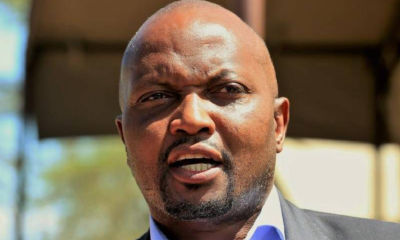

Moses Kuria Tears Into Rigathi Gachagua’s Mt Kenya Power Moves
-
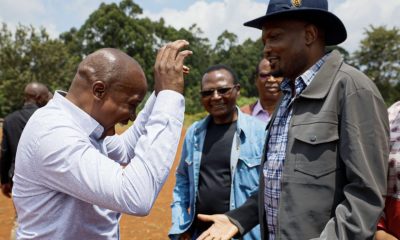

‘Do Not Start a War, Focus on Your Political Age Mates Like Ichungwa, I’m Your Senior,’ Kuria Warns Gachagua
-
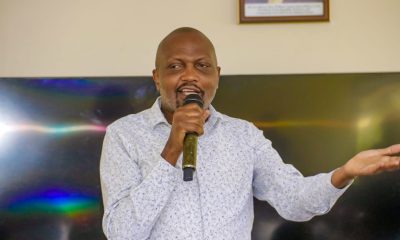

Naivas Closure Row Pits Moses Kuria Against Sakaja as Jobs and Public Health Hang in the Balance
-


UDA Blogger Sandra Kimani Exposes Alleged Fraud in Government PR Deal, Claims Rita Oyier Swindled Their Money
-


You Demanded Sh10B From Ruto And He Refused Then Started The Onslaught, Moses Kuria Reveals Rigathi’s Secrets In Explosive Letter
-
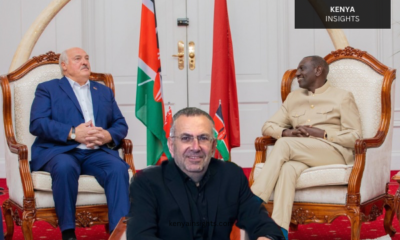

As Kenya Nears Sh70B Tax Waiver Deal With Belarusian Tycoons, Intent Of Its Shadowy Oligarchs In Kenya Is Questioned

Stateless Persons Who’ve Stayed in Kenya For Seven Years to Be Granted Citizenship

Muslim Leaders Launch Petition Drive Against Supreme Court Inheritance Ruling

Questions Mount as Governor Bii Absent from Finland-Canada Student Fraud Charges

Police Officers in Mawego Moved After Rowdy Youths Burned Down Station in Protest of Ojwang’s Death

Investor Fights Off Hostile Takeover of Kanyotu Property He Had Bought

‘The Religion of the President is Irrelevant,’ David Ndii Says in Support of Ruto’s Sh1.2B State House Church

Prof. Herman Manyora Appointed as The Nairobi Hospital Chair

How Trump’s ‘Big Beautiful’ Bill Is Going To Devastate Kenyans in Diaspora

Riparian School Scandal: Nominated MP Builds Private School, Pollutes Mathare River

Impeachment: Guyo’s Impunity and Arrogance Towards Senators Comes to Bite as He Comes Face to Face With Them

From Billionaire to Broke: The Fall of Humphrey Kariuki’s Empire

How NCBA Software Engineer Opened Floodgates For Mobile Banking System Fraud

EXCLUSIVE: How Corruption and Mismanagement Have Brought Kenyatta National Hospital to Its Knees

Housing PS Charles Hinga Entangled in Sh 2B Tender Scam

Investigation Exposes Alleged Sex Crimes at Alliance Girls High School Amid Institutional Cover-Up

Kenya to Start Commercial Oil Production in 2026 after Tullow Exit, CS Wandayi Confirms

WATCH: New CCTV Footage Reveals Police Brought Ojwang to Hospital Already Dead

Details Emerge In How ‘Death Squad’ Hatched Plan To Keep Dark Ojwang’s Interrogation Secret in Cell Ending in Death

Inside the Kibaki Estate Dispute: Power, Bloodlines & the Unfolding Legal Drama

New Details Reveal How Ojwang Was Tortured into a Coma in Karura Forest in the Presence of a Senior Officer
Most Popular
-
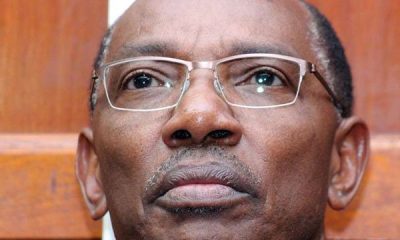
 Investigations2 weeks ago
Investigations2 weeks agoFrom Billionaire to Broke: The Fall of Humphrey Kariuki’s Empire
-
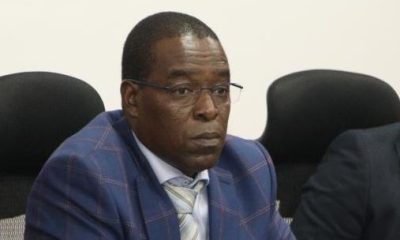
 Investigations2 weeks ago
Investigations2 weeks agoEXCLUSIVE: How Corruption and Mismanagement Have Brought Kenyatta National Hospital to Its Knees
-

 Investigations2 weeks ago
Investigations2 weeks agoHousing PS Charles Hinga Entangled in Sh 2B Tender Scam
-

 Investigations1 day ago
Investigations1 day agoInvestigation Exposes Alleged Sex Crimes at Alliance Girls High School Amid Institutional Cover-Up
-
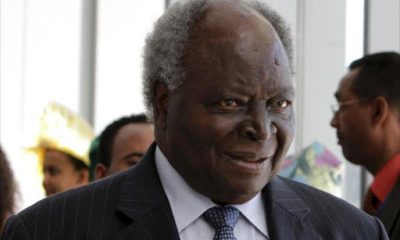
 Investigations2 weeks ago
Investigations2 weeks agoInside the Kibaki Estate Dispute: Power, Bloodlines & the Unfolding Legal Drama
-

 Investigations2 weeks ago
Investigations2 weeks agoCourt Ruling Leaves Agnes Kagure Exposed in Sh600M Land Fraud Targeting Foreigners
-
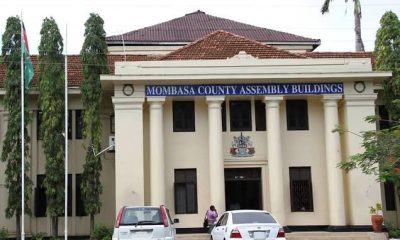
 Investigations2 weeks ago
Investigations2 weeks agoMombasa MCAs Questions MOWASSCO’s Inefficiencies After Auditor General’s Theft Expose
-
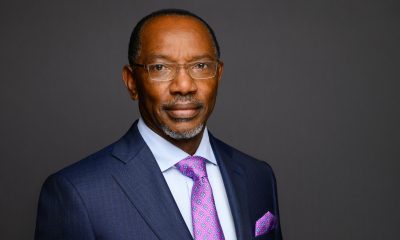
 Business1 week ago
Business1 week agoHumphrey Kariuki: The Kenyan Billionaire Who Lost State Privileges After Alleged Multibillion Tax Evasion
